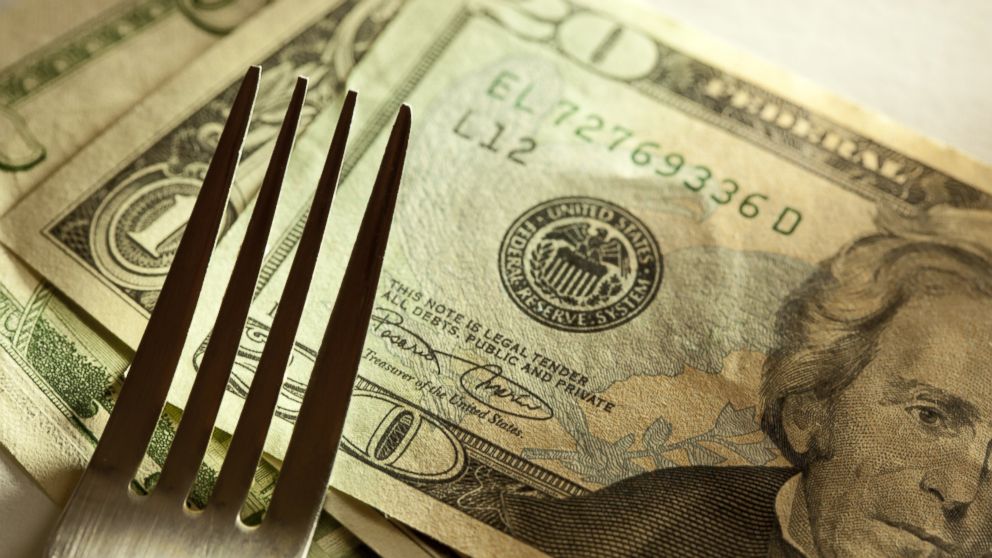The Science Behind Anonymous People Who Leave Huge Tips
And what's in it for the mysterious benefactors.

June 10, 2014— -- You’ve heard the stories –- a struggling server’s day is brightened after a mysterious customer tucks a huge tip onto his check. Someone signing tabs “Tips for Jesus” has left up to $10,000 as a single tip at an Illinois restaurant. An anonymous man hiding envelopes of cash around San Francisco and Los Angeles leaves hints on Twitter, luring money-hunters on a citywide scavenger hunt.
Most recently, a man at a North Carolina Waffle House left a server a $1,000 tip for having a “good spirit,” The News & Observer reported. The restaurant said the huge credit card tip is against its policy, so the good Samaritan reportedly wrote the woman a personal check instead.
Where are all these mysterious donors coming from and why are there seemingly so many lately?
Ellen Gives Oscars Pizza Deliveryman a Huge Tip
Passenger Pays It Forward With Big Tip For Waitress
How to Crack the Hidden Cash Man's Clues
Part of it is a domino effect, social psychologist Deborah Serani of Long Island, New York, told ABC News. People with cash to burn see a “pay it forward” case on the news and realize they can also help.
“There is a social contagion factor to this generous kind of behavior, but I think it goes way deeper than that,” Serani said. “On an evolutionary level, generosity has been a key to the survival of the species. What this does is it allows those who are struggling to have some success and as a result we are all better for it.”
Huge tips are also sometimes seen as easy charity and a “quick and powerful way to give,” Serani said.
Random acts of kindness, like paying for the car behind you in a fast food drive-thru line, are common after tragedies, she added.
“There is such struggle and tragedy in our days – I just saw another shooting happen. What this does is give people the ability to do something of impact,” Serani said. “From tragedy comes urges to be generous and helpful.”
And the good feeling works both ways, as both parties experience a “high return.”
In other words, the person leaving a huge tip feels just as good as the person who receives it, Serani said.
Many real-life Peter Pans, like the man behind Hidden Cash and the big tipper who stamped “Tips for Jesus” on his receipts, chose to remain anonymous.
“When it’s anonymously done, it heightens the feeling of specialness, so the giver feels even more satisfaction,” Serani said. “It’s done anonymously because they really want the other person to just have it – they don’t want any secondary kind of limelight."
And giving back is a way to feel closer to our community, even if it's just buying someone else's coffee. Those smaller acts of kindness are what is most important, Serani said.
"It's a way of us being connected," she said.




